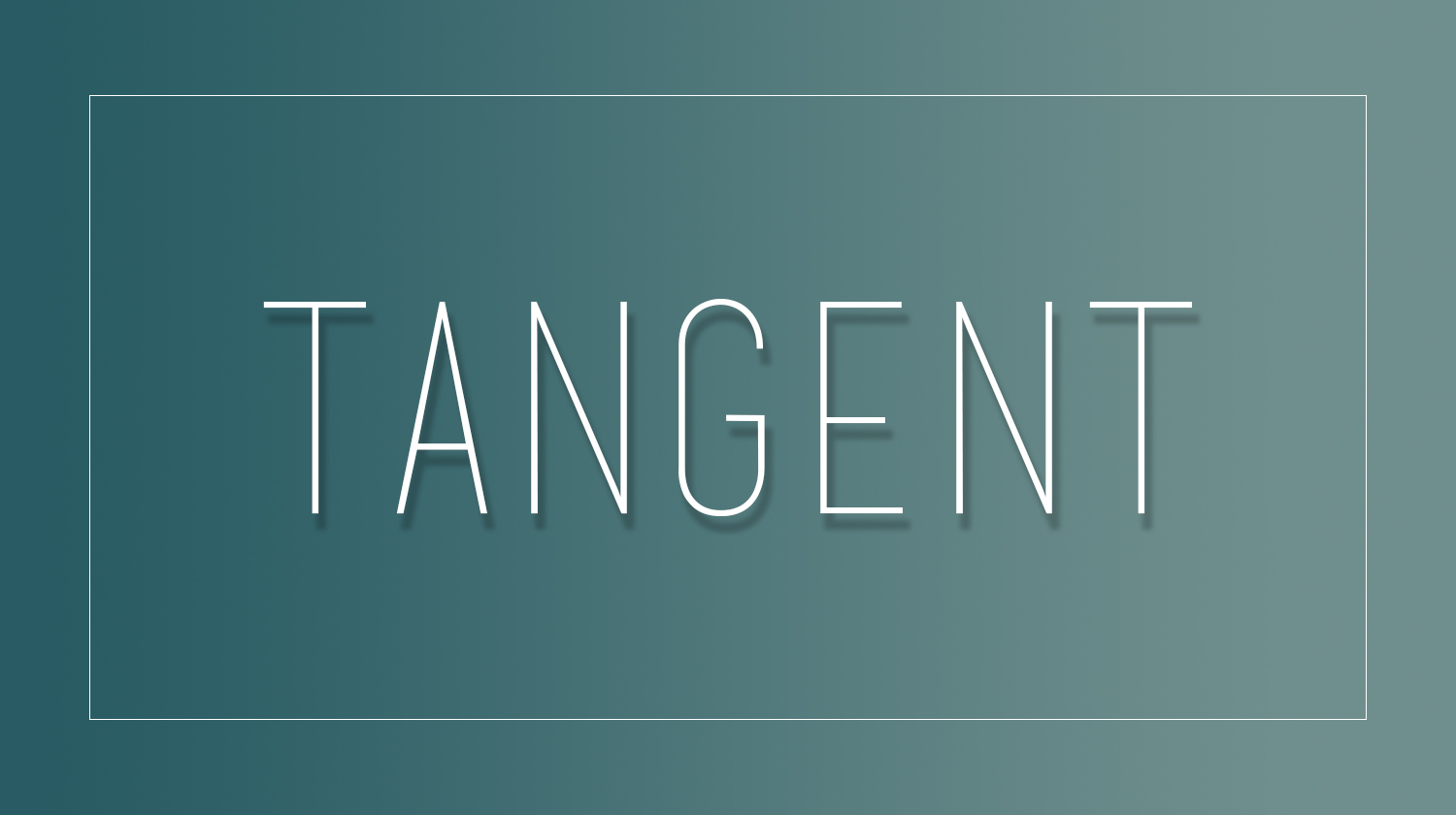The arrests of two Black men in a Starbucks store, reactions and the corporation’s decision to close all 8,000 of their stores in the United States have dominated headlines.
For those who somehow missed this story, Rashon Nelson and Dante Robinson were arrested in a Philadelphia Starbucks store for trespassing after the store manager called the cops on them because they were sitting at a table without having bought anything. Reportedly, this occurred after the manager had asked them if they needed help and they informed her that they were waiting for someone before ordering. Largely, public sympathy has been with Nelson and Robinson, however it is worth noting that this could have been a very different situation with different reactions for them if they did not manage to remain calm and collected as they were arrested and if they were not professionals.
Initially, Starbucks teamed up with the Anti Defamation League (ADL) for racial sensitivity training and dropped ADL following public outcry regarding the group’s anti-Muslim and anti-Palestine views. Thesis student, Alexis Pujol has first-hand experience with ADL through New College’s RA training.
“The training was exhausting and useless,” Pujol said in an email interview with the Tangent. “The ‘facilitators’ from the ADL were ill-versed and [ill-] informed on diversity inclusive language and practices, I recognize that this is an effort on their part… [but] it just shows that they’re more concerned with the image of a concern for diversity and not addressing actual problems with competent diversity spokespeople.”
Starbucks is working with Bryan Stevenson, the founder and executive director of the Equal Justice Initiative, Sherrilyn Ifill, president and director-counsel of the National Association for the Advancement of Colored People (NAACP) Legal Defense and Education Fund and Heather McGhee, president of Demos to compile a comprehensive workshop and mission going forward.
Starbucks is projected to not hurt badly from the incident, in spite of discussion of a boycott. Individual consumers could very well consider the manager to be responsible for the arrests rather than consider the manager’s actions to be reflective of the company. However, this view does not engage with the larger conversation regarding who is welcome in certain spaces. According to Quartz, “Starbucks bills itself as ‘a third place between work and home.’ It’s a private company that markets itself as a public space, marketing its coffee shops as venues where people can meet, relax, and work for hours on end. “
Notably, Starbucks does not have a specific or standard policy regarding people who are hanging out without having bought anything. Rather store managers and shift supervisors handle these situations on an individual basis.
According to Eater, in the days after the Philadelphia arrests, three L.A. Fitness employees in New Jersey were fired for asking two Black men, who had signed in before working out, to either pay or leave. The men were then told that their memberships had been terminated and White L.A. Fitness staff members called the police on them. Eater also reported that a Pennsylvania golf club called the police on five, Black women after other patrons at the golf club complained that they were playing too slowly.
“This is an American problem, as old as we are,” McGhee said in a tweet.
In a joint statement, Stevenson and McGhee expressed the sentiment that Starbucks can use its leverage to influence other corporations and police departments. They also stated that they felt encouraged by Starbucks’ willingness to attempt to challenge racism in its stores, saying that it was rare in corporate America.
Nelson and Robinson recently reached a settlement of a symbolic one-dollar each with the City of Philadelphia and, with the city, set up a program with $200,000 of funding for young entrepreneurs.
Information gathered from qz.com, eater.com, delawareonline.com, blacknews.com, fastcompany.com, wsj.com, commondreams.org and philly.com

